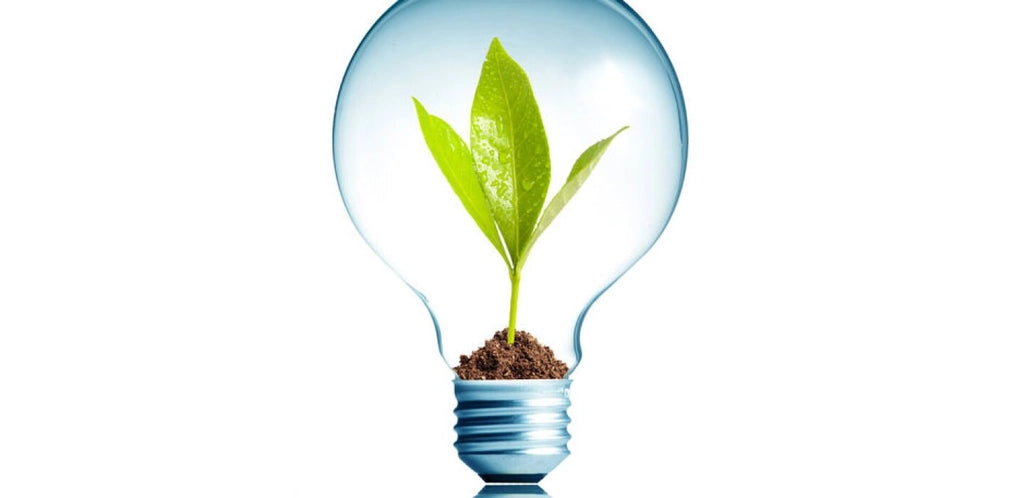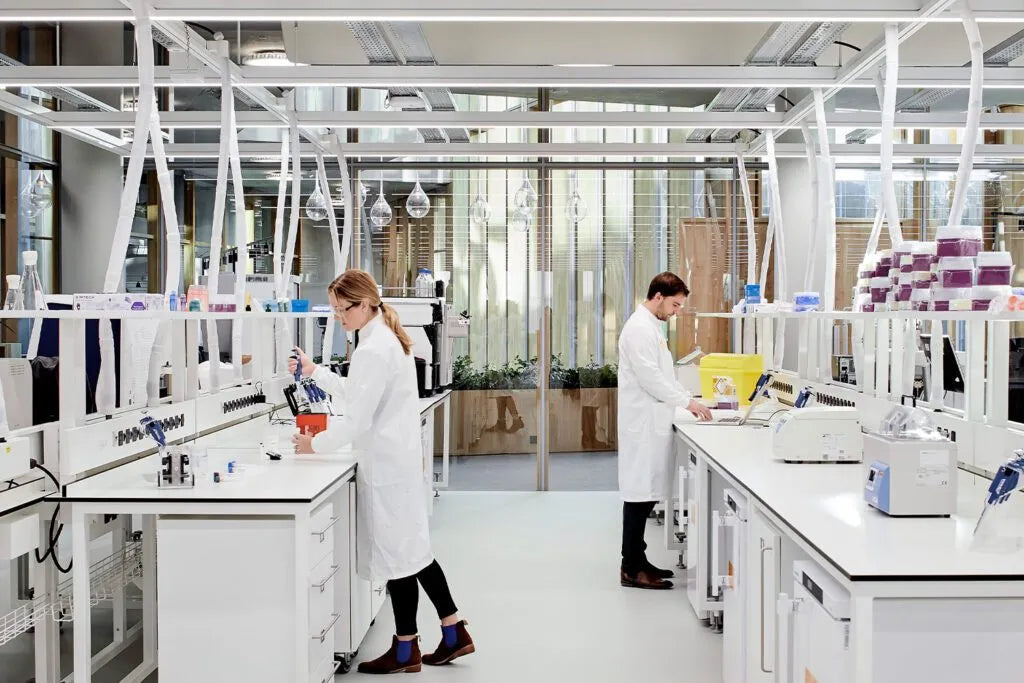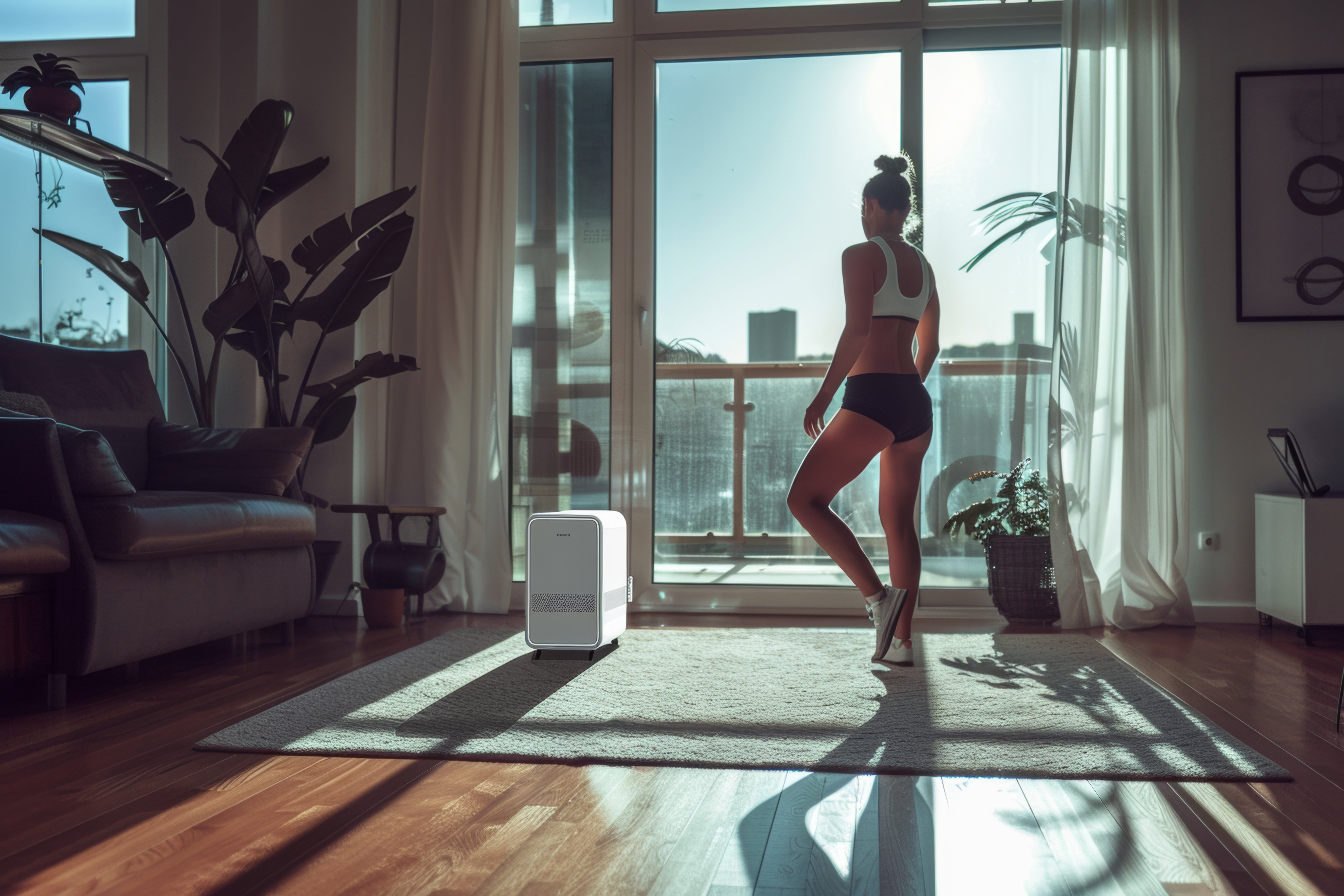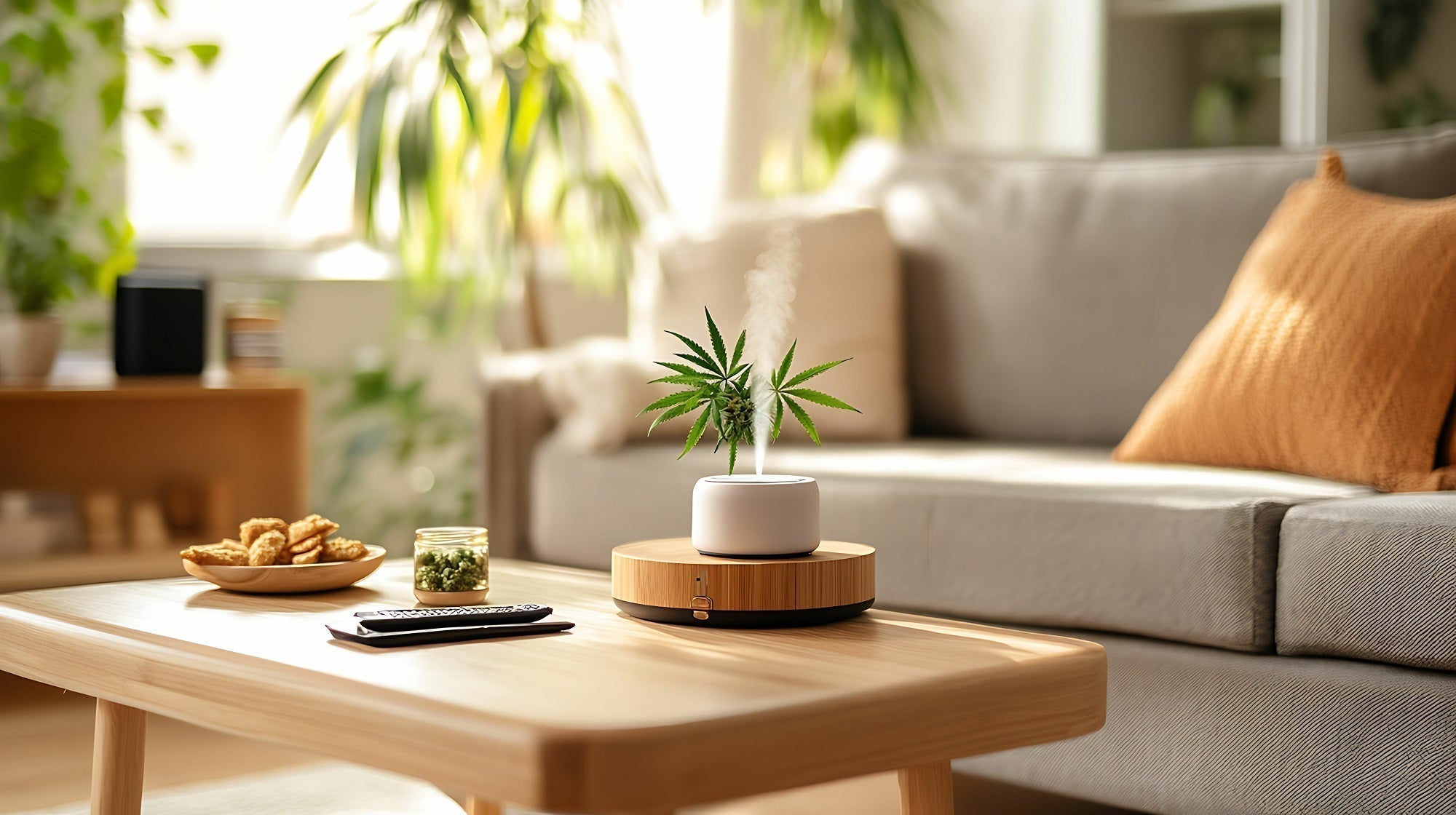Do air purifiers use a lot of electricity?

Introduction

Air purifiers have become increasingly popular as a means of improving indoor air quality and promoting a healthier living environment. However, one question that often arises among potential buyers is, “Do air purifiers use a lot of electricity?” In this blog post, we will explore the energy consumption of air purifiers and discuss ways to minimize their impact on your electricity bill. We will also highlight how MedicAir’s energy-efficient air purifiers can help you maintain clean indoor air without breaking the bank.
“The energy consumption of an air purifier depends on several factors, including the specific model, the size of the room it is designed to cover, and how often it is used. Some air purifiers consume more electricity than others, but generally speaking, air purifiers are not considered to be significant energy hogs.”
Understanding Air Purifier Energy Consumption

Most air purifiers consume between 30 and 250 watts of electricity, with the average unit using around 50 watts. To put this into perspective, a typical 60-watt incandescent light bulb uses more energy than many air purifiers. However, it’s important to note that running your air purifier continuously will result in higher energy consumption.
Tips for Reducing Air Purifier Energy Consumption
To minimize the impact of your air purifier on your electricity bill, consider the following tips:
Choose an Energy-Efficient Model: Look for air purifiers with energy-saving features, such as energy star ratings or eco-mode settings. These models are designed to consume less electricity while still providing effective air purification.
Proper Sizing: Select an air purifier with the appropriate coverage area for your room size. An air purifier that is too small for a large room may need to work harder and consume more energy to clean the air effectively.
Regular Maintenance: Clean and replace filters according to the manufacturer’s recommendations to ensure optimal performance and energy efficiency.
Use a Timer or Schedule: Instead of running your air purifier continuously, consider using a timer or setting a schedule to run the device during specific hours when you are more likely to be at home.


MedicAir: Your Energy-Efficient Air Purification Solution
At MedicAir, we understand the importance of balancing clean indoor air with energy efficiency. Our air purifiers are designed with advanced technology and energy-saving features to help you maintain a healthy living environment without significantly increasing your electricity consumption.
With a range of models to choose from, MedicAir can help you find the perfect air purifier for your specific needs and preferences. Our user-friendly devices make it easy to adjust settings and schedules to optimize both air purification and energy consumption.
In conclusion

while air purifiers do consume electricity, their energy consumption is generally not excessive, especially when compared to other household appliances. By choosing an energy-efficient model, properly sizing the air purifier for your space, performing regular maintenance, and using a timer or schedule, you can minimize the impact of your air purifier on your electricity bill. With MedicAir as your partner in indoor air quality, you can breathe easy knowing that you are maintaining a cleaner, healthier living environment without breaking the bank.
Recent Blogs
Independent Global Testing Confirms MedicAir’s Filtration Excellence
Two of MedicAir’s flagship systems – the MedicAir Pro and MedicAir Pro Max – have been independently verified for their outstanding performance in real-world environments, following rigorous testing conducted in Kuwait by international air filtration expert Dr Iyad Al-Attar.
Heatwaves and Indoor Air Quality: How MedicAir Safeguards Health and Productivity
The recent heatwave has brought swelteringly high temperatures across the UK, significantly impacting indoor air quality (IAQ) and indoor environmental quality (IEQ).
Why Indoor Air Quality Matters for Cannabis Grow Rooms
With MedicAir, you get more than just air purification–you get peace of mind, knowing your plants are thriving in a controlled, contaminant-free environment.


